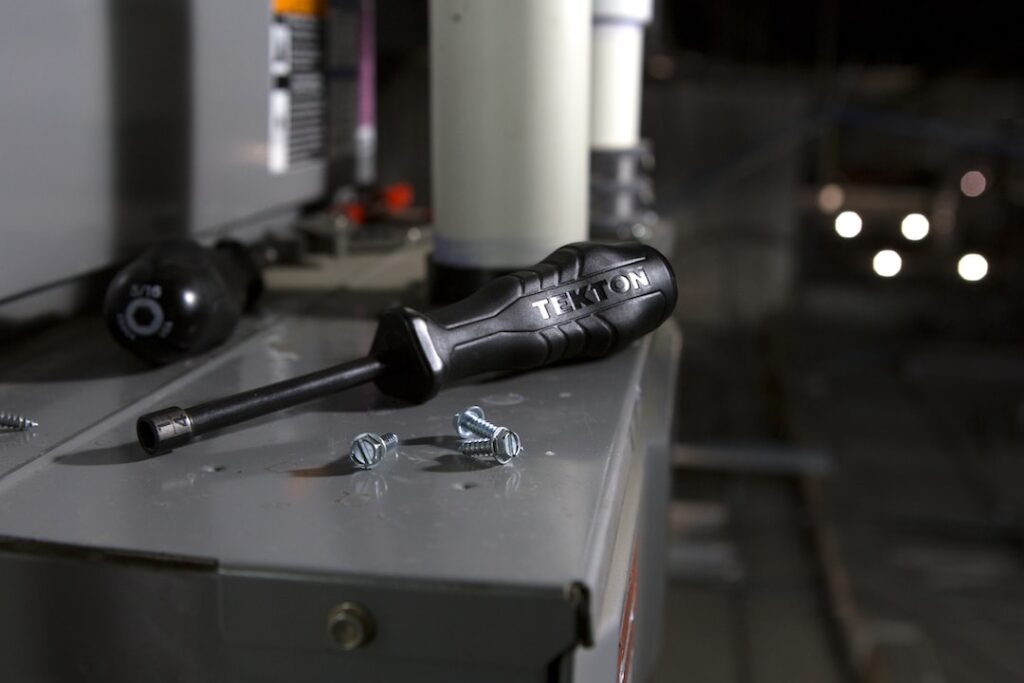The 15-Second Trick For 1 Source Portable Air
The 15-Second Trick For 1 Source Portable Air
Blog Article
Indicators on 1 Source Portable Air You Should Know
Table of ContentsThe Facts About 1 Source Portable Air RevealedWhat Does 1 Source Portable Air Do?All about 1 Source Portable AirThe Definitive Guide to 1 Source Portable Air
Although recommendations might appear challenging to track, there are methods to identify them rapidly and successfully. On social media sites, many individuals provide out references concerning a/c professionals that are trustworthy and expert during an cooling installment, repair or upkeep task. Also, considering that other individuals can make remarks, the procedure of figuring out whether a business is worth seeking is never a headache.

A company that has developed a solid reputation generally has very skilled professionals who completely understand exactly how to take on heating and cooling jobs that include modern and classic equipment. Experienced service technicians must constantly be considered throughout innovative maintenance and fixing work since the procedures that trained experts execute are affordable. One more advantage is that skilled air conditioning company specialists never use improper substitute materials in order to simplify repair jobs.
Yeah, at NEXGEN Air, we're skilled Cooling and heating professionals, but we understand that not everyone is. This is for true that have actually never ever had to deal with a Cooling and heating concern.
An Unbiased View of 1 Source Portable Air
Heating and cooling means home heating, ventilation, and cooling. 9 basic components compose a total central air and heat system. These parts are the heating system, the warm exchanger, the evaporator coil, the condensing device, cooling agent tubes, the thermostat, the ductwork, the vents, and the warm pump. (Don't fret! We'll describe these components carefully additionally down the checklist.) The heater is your home heating unit.
There are advantages and disadvantages to both, however we'll cover that in another section. You can find your heater hiding in your basement, garage, or energy storage room. Your heating system's primary function is to warmth air and relocate into your air ducts to heat your residence. (Fun fact: Heating systems are frequently misinterpreted for central heating boilers, however they're separate appliances). Here's a great instance of a brand-new Lennox heater in an energy wardrobe.

While the heater pushes hot air into your air ducts, the heat exchanger is the one converting chilly air right into hot air. Another resident inside the heater, the evaporator coil soaks up any type of heat from air passing away over it to blow amazing air through your vents and right into your home. Your condensing device serves a comparable purpose as your evaporator coil yet you can find the condensing unit outside, normally on the side of your house.
Cooling agent tubes connect your evaporator coil to your condensing coil. Cooling agent tubes are generally made of steel and are made to hold refrigerant and to link the interior and outside devices. Your thermostat is that little device installed on the wall somewhere inside your residence that allows you to control your home's temperature level (don't ask us where to discover your thermostat, there's no rule regarding where they're positioned - they can be anywhere!).
The smart Trick of 1 Source Portable Air That Nobody is Talking About
Your home heating, air flow and a/c (A/C) system is just one of the most essential systems in your house, running silently behind-the-scenes to take care of indoor temperature levels. Without cooling and heating, you would certainly be handling freezing temperature levels in the winter months and unrestrainable heat in the summer season. HVAC systems also aerate your home, maintaining the air top quality healthy for your family to breathe.
(https://www.zazzle.com/mbr/238515856059248308)

Keep checking out to find out even more regarding choosing the best A/c system. Picking the best Cooling and heating system for your home depends on lots of personal aspects and preferences.
Replacing your system with a comparable arrangement is likely the most affordable option. Other considerations consist of the environment and weather condition where you live and what gas sources are readily available. If you intend to find out more regarding just how HVAC systems operate in your region, ask neighborhood contractors for guidance for those in the Southeast, selecting the very best AC system is likely your leading concern.
Little Known Questions About 1 Source Portable Air.
Based on your info, they can aid you make the very best decision for your home. The ideal type of heating and cooling system depends on your demands. Some Heating and cooling systems incorporate home heating and cooling in one plan, others run with separate types of tools. For example, some HVAC systems rely upon ductwork, while others are ductless.
Some systems warmth water, while others make use of recurring heat in the earth or air to run. The very best system for you relies on your spending plan and the equipment readily available in your area. HVAC systems are controlled by a thermostat, where you can establish and keep track of temperatures. Emergency AC rental. If you invest in a smart thermostat, you can change your HVAC system over a phone application and incorporate it with various other smart technology around your home.
You do not need a massive A/c system to cool a little home. To discover the best alternative for you, establish the square video of your home and after that compare that with size graphes for the heating and cooling tools. If you buy an air conditioner for a 900-square-foot home, basic standards recommend a system with around 18,000 British thermal devices (BTUs).
While mounting HVAC devices yourself may seem like a method to save prices, any type of issues can produce considerable expenses in the future. Paying a professional for their time is well worth getting the work done.
Report this page